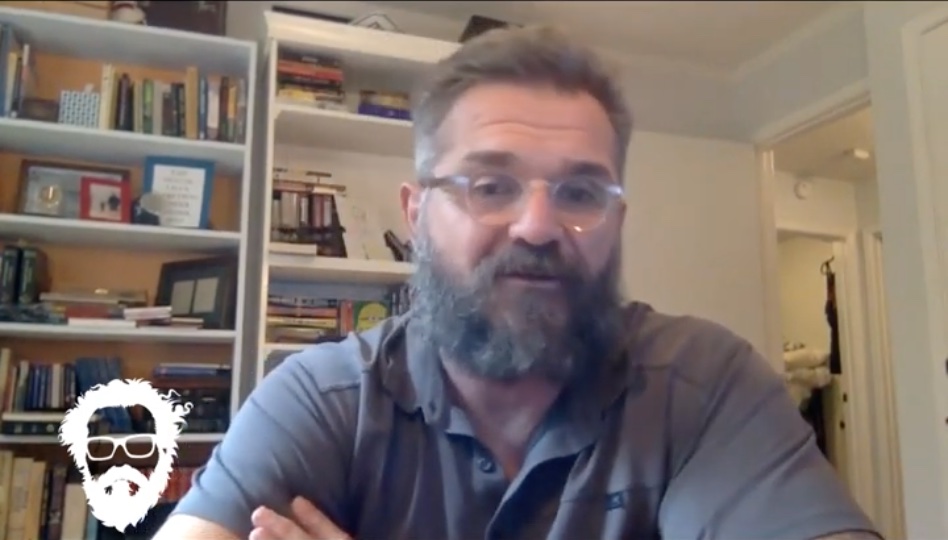This week we are continuing our mental health series with another look at exercise. I have found it to be an essential tool in my PTSD Recovery toolbox, and talk about it extensively in my book, #dealwithit: Living Well with PTSD. Over the next few weeks, Melissa and I will explore a little of the science behind exercise and its effect on the body, and discuss the benefits we receive from daily movement, as well as suggest some ways you might incorporate exercise into your routine.
We cannot overstate the health benefits of good quality sleep. Unfortunately, sleep deprivation is a major issue for many who are in PTSD recovery.
LACK OF SLEEP OR POOR SLEEP CAN LEAD TO MANY HEALTH ISSUES:
1. It escalates the hunger hormone called ghrelin, which can increase food cravings.
2. It increases the stress hormone, cortisol, which can cause weight gain, diabetes, heart attacks, high blood pressure, depression, osteoporosis, and weakened immunity.
3. It inhibits the flushing of toxins from the brain.
4. It affects your ability to think clearly, your mood and your ability to cope with stress.
You may be thinking, what does this have to do with exercise? Well, thankfully, exercise can help us get better sleep.
EXERCISE CAN IMPROVE THE QUALITY OF YOUR SLEEP
1. Exercise helps your body to a better job of regulating its temperature, which helps you fall asleep better.
2. Exercise supports your natural circadian rhythm, so you feel sleepy or awake at the appropriate times.
3. Being physically tired can sometimes help with sleep issues.
If you haven't yet made exercise a part of your daily routine, consider it! Reach out and let us know how you're going. We are happy to help!
Get a copy of #dealwithit: living well with PTSD
BOOK A FREE COACHING SESSION
Think you might be interested in PTSD Recovery Coaching or life coaching? Schedule a FREE intro session.

